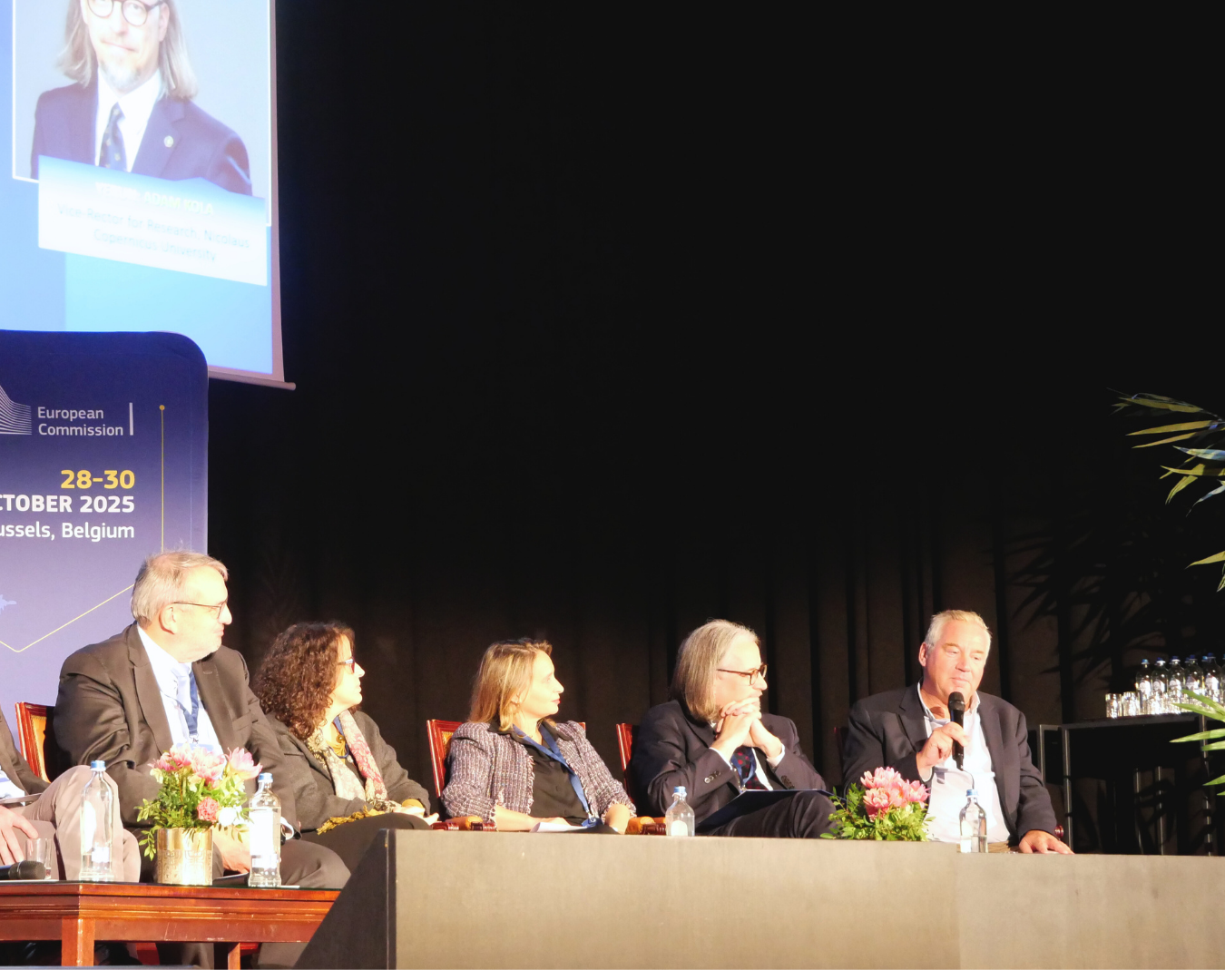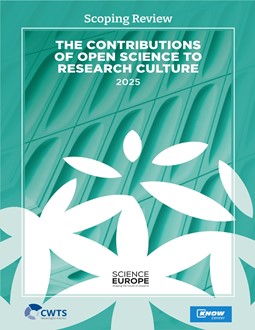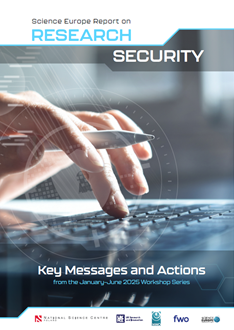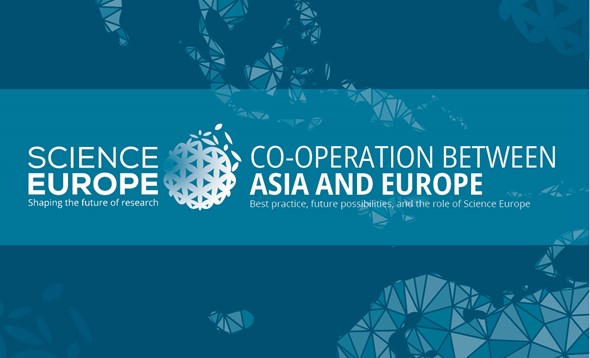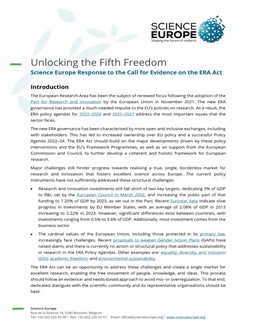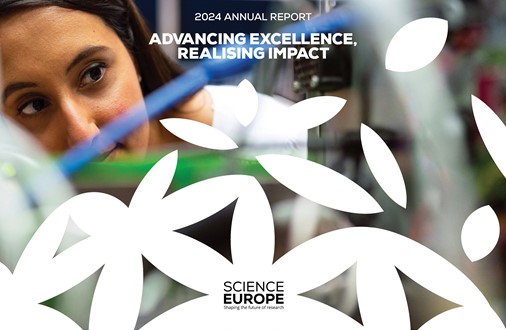
-
Share on
Science Europe at the European Flagship Conference on Research Security
The European Flagship Conference on Research Security, co-organised by Science Europe, the European Commission, and 11 other partners, gathered over 600 participants from across the R&I sector. Discussions focused on building a coordinated European approach to research security that safeguards academic freedom and international collaboration while addressing legitimate risks. The event emphasised the need for proportionate measures, clear guidance, and shared responsibility to maintain openness and trust in global research.
Science Europe successfully co-organised, together with the European Commission’s DG RTD and 11 other partners from the research and innovation (R&I) sector, the first European Flagship Conference on Research Security, held from 28 to 30 October in Brussels. The event brought together more than 600 participants to discuss aspects of research security, with the participation of policymakers, experts and researchers.
The plenary and parallel sessions brought into light insights from national research performing and research funding organisations, Higher Education institutions, export control agencies, intergovernmental organisations (e.g. NATO, OECD), national ministries and intelligence agencies, in a unique collaborative approach promoting dialogue and good practice exchange across all levels.
Science Europe Vice-President Marcel Levi represented the organisation in a high-level discussion among heads of organisations, where he reiterated the importance of ensuring a level playing field in research security and launched the Science Europe Report on Research Security. A joint panel discussion with the European Federation of Academies of Sciences and Humanities (ALLEA), on integrating academic freedom and research security, discussed the potential trade-offs between the two, affirming the tensions which exist. Balancing openness, academic freedom and research security remains a trilemma, and coordinated support across Europe, with a clear legal framework and guidance, consistent messaging, and defined responsibilities at both national and EU levels, is needed to avoid protectionism and to ensure that research remains globally collaborative.
Science Europe’s session on needs and responsibilities across RFOs and RPOs included presentations of two case studies, FWO and NWO-I, followed by a panel discussion. Key messages from the speakers included the need for clear, user-friendly, and proportionate research security measures that foster awareness and culture-building without overburdening researchers. Over-securitising research risks reducing international cooperation and limiting diversity, both essential aspects of research excellence. The cost of non-collaboration must also be considered. Finally, defining ‘crown jewels’ can be complex, especially in fundamental research, and it varies across different organisations.
In conclusion, the European Flagship Conference on Research Security marked a key step toward a coordinated European approach to research security. It highlighted the shared commitment of policymakers, institutions, and security actors to safeguard openness and academic freedom while addressing legitimate risks. Science Europe will continue to support Members’ efforts to strengthen research security and support the development of policies and practices that safeguard academic freedom, integrity, and openness while promoting international collaboration built on trust and shared values.



